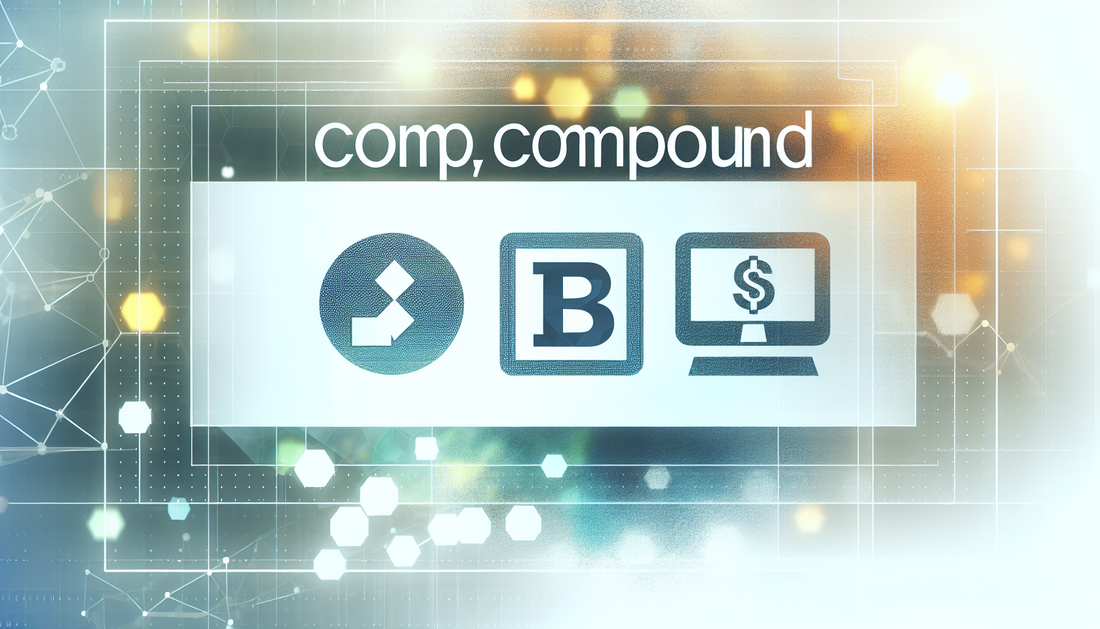
Unpacking the Criticisms of Compound's COMP Token
Share
Biggest Criticisms of Compound's COMP Token
The Compound protocol, an integral entity within the decentralized finance (DeFi) sector, has garnered significant attention. While COMP, the governance token for Compound, has driven innovation in decentralized lending and borrowing, it is not without its share of criticisms. As the DeFi space continues to evolve, understanding these criticisms is crucial for stakeholders and prospective investors.
Governance Centralization Risks
One primary criticism revolves around the governance model of Compound. Despite being a decentralized protocol, a significant portion of COMP tokens is held by early investors and team members, raising concerns about centralization. This concentration of tokens might enable a limited group to control decision-making processes. Similar issues of decentralization have been explored in other DeFi projects like Hashflow's Tokenomics.
Market Volatility and Liquidity Challenges
The liquidity in Compound’s pools can vary, leading to substantial interest rate fluctuations for borrowers and lenders. Such volatility poses risks, especially for users seeking stable yields. Challenges like these have also been observed in projects such as SushiSwap, where the DeFi ecosystem often faces liquidity and market dynamics challenges.
Complexity and User Accessibility
Another major critique of Compound is the complexity of its interface, which can be intimidating for newcomers. While seasoned DeFi users might navigate the platform with ease, the steep learning curve can act as a barrier to entry for new users. The necessity for user-friendly interfaces is an ongoing discussion across the DeFi landscape as seen in articles like Filecoin's Major Criticisms.
Fee Structure
The fee structure within Compound can be another point of contention. Users often encounter transaction costs, including Ethereum gas fees, which can be prohibitive, especially during network congestion. This is a recurring issue in Ethereum-based DeFi applications, reflecting broader industry concerns over scaling and fee management.
External Security Threats
Security remains a perennial concern. Although Compound employs rigorous security measures, the broader DeFi sector has experienced vulnerabilities and attacks. The evolution of security in Decentralized Finance has been covered extensively, such as in the security evaluations of Zilliqa.
As the DeFi market matures, addressing these criticisms becomes crucial for Compound and its competitors. Balancing innovation with security and accessibility will be key to its sustained relevance. Those interested in exploring further opportunities might consider opening an account on exchanges like Binance for broader access to DeFi assets.
